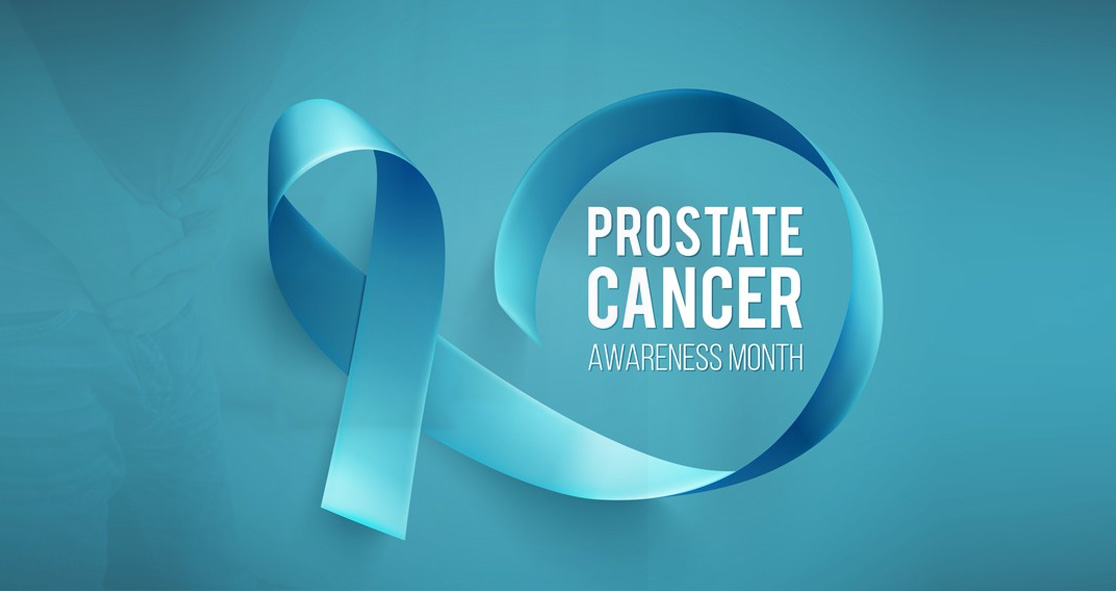Prostate cancer is one of the most common cancers affecting men. It is commonly diagnosed in men above the age of 65 and it may rarely occur in men under 40.
While prostate cancer awareness is vital, September is named as Prostate Cancer Awareness Month. It is a time of year when people, doctors, and caregivers take an extra effort to increase awareness about prostate cancer and help those at risk.
In 1999, the American Foundation for Urological Disease (AFUD) named September as the National Prostate Health Month. AFUD is now known as the Urology Care Foundation.
Prostate cancer is one of the most frequently diagnosed cancers in men. It is a leading cause of cancer death in men, second to lung cancer. Therefore, it is important to stay informed with the latest news on prevention, screening, and treatment. Staying informed could help reduce the risk of developing prostate cancer.
Most men with early stages of prostate cancer are asymptomatic, making it difficult to diagnose the condition early. The signs and symptoms of prostate cancer may differ from men to men. Therefore, routine screenings through digital rectal exams (DRE) and prostate-specific androgen (PSA) tests becomes extremely important.
Some of the characteristics symptoms of prostate cancer include pain or burning during urination, difficulty urinating, trouble starting and stopping while urinating, frequent urge to urinate at night, poor bladder control, decreased flow of urine stream, and sometimes, hematuria (blood in urine).
Metastatic prostate cancer could be serious, affecting the nearby tissues or bones, including the spine. Other symptoms of prostate cancer include blood in semen; difficulty achieving an erection (erectile dysfunction), painful ejaculation, or swelling in the legs or pelvic area.
According to the American Cancer Society (ACS), about 1 in 7 men will be diagnosed with prostate cancer, meaning more and more men will be diagnosed with prostate cancer in the near future.
It has been found at least one in five African-Americans experience prostate cancer and one in three are vulnerable to the condition if they have a strong familial history of prostate cancer.
In the United States, there are nearly 3 million prostate cancer survivors. About 174,650 prostate cancer cases are diagnosed each year.
Men above the age of 50 should take informed decision with their doctor about whether to get screened for prostate cancer, according to the American Cancer Society. It recommends men with one or more risk factors for prostate cancer to consult with their doctor about whether to start routine screening earlier.





















